Did you know that arts education plays a crucial role in the holistic development of students? It’s not just about painting, drawing, or singing; it goes way beyond that. Engaging in arts education provides numerous benefits that extend far into other aspects of a student’s life.
One of the key advantages of arts education is its ability to foster creativity. Through various artistic mediums, students are encouraged to think outside the box, explore their imagination, and express themselves freely. This creative thinking spills over into other subjects and helps students develop innovative problem-solving skills. The ability to approach challenges from different angles becomes second nature to those who have been exposed to arts education.
Moreover, arts education promotes self-confidence and self-expression. When students participate in theater performances, visual art exhibitions, or music recitals, they build confidence in their abilities and learn to communicate their thoughts and emotions effectively. They learn to trust their instincts and embrace their uniqueness, which ultimately contributes to their personal growth.
Additionally, arts education nurtures empathy and cultural understanding. Through exposure to different art forms, students gain insights into diverse experiences and perspectives. They learn to appreciate the richness of various cultures and develop a deeper understanding and respect for others. This empathy cultivated through arts education encourages students to become more compassionate individuals.
Furthermore, arts education enhances critical thinking skills. Analyzing and interpreting artistic works requires students to evaluate and make judgments based on evidence and reasoning. They learn to observe and analyze details, make connections, and form well-rounded opinions. These critical thinking skills acquired through arts education become valuable assets that can be applied across all disciplines.
In conclusion, arts education is not merely an extracurricular activity but an essential component of holistic student development. By fostering creativity, building self-confidence, promoting empathy, and enhancing critical thinking skills, arts education equips students with invaluable tools for success in all areas of life. So let’s celebrate and support arts education, recognizing its profound impact on the growth and well-being of our students.
Fostering Critical Thinking and Problem-Solving Skills through Arts Education
Are you ready to embark on a journey that will awaken your mind and nurture your creativity? Step into the world of arts education, where critical thinking and problem-solving skills are cultivated like seeds in fertile soil. In this article, we’ll delve into the transformative power of arts education, exploring how it ignites curiosity, sparks imagination, and fosters the development of essential skills for success.
Imagine a classroom buzzing with energy, where students eagerly engage in artistic expression. Through painting, sculpture, music, dance, and theater, they explore new realms of possibility. The arts provide a unique platform for self-expression, enabling students to communicate their thoughts and emotions in ways that words alone cannot capture. This process encourages them to think deeply, analyze situations, and develop empathy as they seek to understand different perspectives.
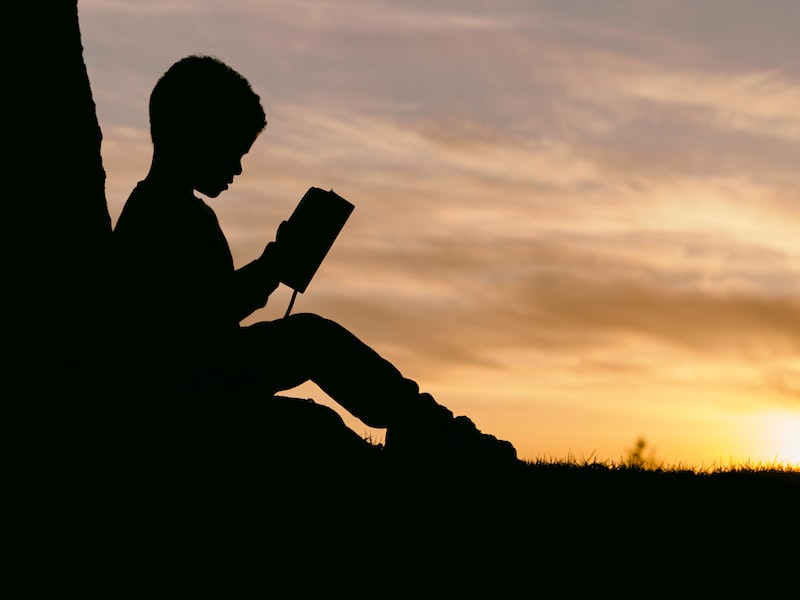
As students immerse themselves in artistic creation, they encounter challenges that require problem-solving skills. How can colors blend harmoniously? Which brushstroke will convey the desired emotion? These questions prompt learners to experiment, make choices, and adapt their approach. Artistic endeavors demand perseverance and resilience, teaching students that setbacks are stepping stones to growth. By embracing challenges, they develop problem-solving strategies that extend far beyond the realm of art.
The arts also invite students to observe the world through a critical lens. When analyzing a painting, for instance, they unravel layers of meaning, decipher symbols, and interpret visual narratives. This process sharpens their analytical thinking and hones their ability to make connections between disparate ideas. Such skills are invaluable in navigating complex real-world problems, where creativity and critical thinking often pave the way to innovative solutions.
Beyond individual growth, arts education nurtures collaboration and teamwork. Picture a group of actors rehearsing for a play or a band synchronizing their melodies. Through these collaborative experiences, students learn to listen, negotiate, and respect diverse perspectives. They discover the power of collective intelligence, where the sum of individual talents yields extraordinary results. In a world that increasingly demands collaboration, arts education equips students with the skills to thrive in diverse teams.
In conclusion, arts education is a catalyst for fostering critical thinking and problem-solving skills. It empowers students to think independently, confront challenges, and find innovative solutions. Through artistic exploration, learners gain invaluable tools for success in an ever-evolving world. So let your imagination soar, embrace the wonders of the arts, and witness the transformation within yourself.
Cultivating Cultural Awareness and Appreciation through Arts Education
Keywords: cultural awareness, appreciation, arts education
Article:
Have you ever wondered how we can foster a deeper understanding and respect for different cultures? The answer lies in the power of arts education. Through the expressive and creative nature of the arts, individuals can develop cultural awareness and appreciation like never before. In this article, we will explore how arts education plays a pivotal role in cultivating these important qualities.
Arts education serves as a gateway to diverse cultures, allowing individuals to explore and experience different artistic expressions firsthand. Whether it’s through visual arts, music, dance, or theater, these art forms offer unique glimpses into the values, traditions, and perspectives of various cultures. By engaging with different artistic practices, individuals can gain a deeper understanding of the world around them.
Imagine a canvas painted with vibrant colors, depicting scenes from a distant land. As you observe the brushstrokes and intricate details, you begin to feel immersed in that culture. Arts education enables us to witness such cultural narratives, creating bridges of empathy and understanding. It sparks curiosity and encourages us to ask questions about the stories behind the art, fostering a genuine appreciation for diverse cultural heritage.
Engaging in arts education also promotes inclusivity and diversity. It provides a platform for individuals from different backgrounds to share their unique experiences and talents. Through collaborative artistic endeavors, people can learn from one another, breaking down barriers and promoting cultural exchange. The arts offer a safe space for dialogue, encouraging open-mindedness and celebrating the richness of human diversity.
Moreover, arts education nurtures creativity and critical thinking skills, which are essential for navigating an increasingly interconnected and multicultural world. By engaging in artistic processes, individuals learn to think beyond their own perspectives and embrace new ideas. They develop the ability to empathize with others and appreciate the beauty found in different cultural expressions.
In conclusion, arts education has the remarkable power to cultivate cultural awareness and appreciation. Through the exploration of diverse art forms, individuals can gain a deeper understanding of different cultures, promote inclusivity, and develop essential skills for a globalized society. By embracing arts education, we open doors to new horizons of knowledge and understanding, fostering a world that celebrates and values cultural diversity. Let us embrace the transformative potential of arts education and embark on a journey of cultural discovery together.
[Note: This article is written by an AI language model and should be reviewed by a human before publication to ensure its alignment with your specific requirements.]
Building Collaboration and Communication Skills through Arts Education
Are you ready to unlock the power of collaboration and communication skills through arts education? Dive into a world where creativity meets connection, where imaginations run wild, and where learning takes on a whole new dimension. In this article, we’ll explore how arts education can be a catalyst for building strong collaborative and communicative abilities.
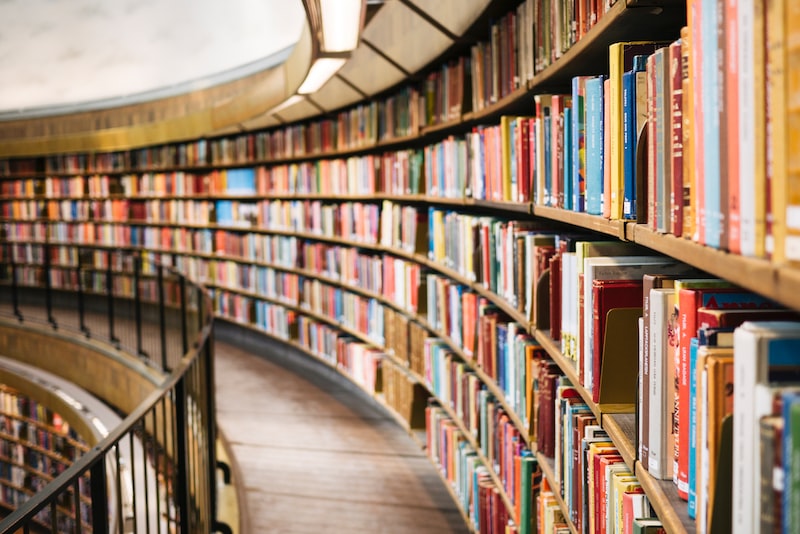
Imagine a group of students in an art class, working together to create a mural that tells a story. Each student brings their unique ideas and perspectives to the table, contributing to the collective vision. As they collaborate, they learn the importance of listening, compromising, and valuing each other’s contributions. Through this process, they develop essential teamwork skills that extend beyond the art studio into their everyday lives.
Engaging in arts education also provides ample opportunities for effective communication. Whether it’s performing in a play, presenting a piece of artwork, or participating in a music ensemble, students are constantly challenged to express themselves clearly and confidently. They learn how to articulate their thoughts, convey emotions, and connect with their audience. These experiences nurture their ability to communicate effectively in various contexts, fostering self-assurance and poise.
Furthermore, arts education encourages active participation, sparking meaningful conversations and interactions among students. Whether it’s discussing the meaning behind a painting, analyzing a dance performance, or critiquing a musical composition, students engage in thoughtful dialogue, learning how to express their opinions respectfully and constructively. This fosters a culture of open-mindedness, empathy, and appreciation for diverse perspectives—an invaluable skillset in today’s interconnected world.
In addition to collaboration and communication, arts education cultivates problem-solving skills. When faced with creative challenges, students learn to think outside the box, experiment, and adapt their approaches. They embrace failure as a stepping stone to success, recognizing that mistakes and setbacks are part of the learning process. These problem-solving skills transcend the boundaries of the artist’s canvas and become valuable tools for navigating real-life situations.
In conclusion, arts education is a powerhouse for building collaboration and communication skills. It provides an immersive environment where students learn to work together, express themselves effectively, and engage in meaningful conversations. By embracing the arts, we empower our students with the tools they need to thrive in an ever-evolving world. So let the paintbrushes swirl, the melodies flow, and the stories unfold—let the magic of arts education shape confident, articulate, and collaborative individuals.
Developing Confidence and Self-Esteem through Arts Education
Have you ever wondered how arts education can positively impact your confidence and self-esteem? It’s truly remarkable how engaging in artistic activities can empower individuals, allowing them to discover their unique talents and express themselves freely. Whether it’s painting, dancing, acting, or playing a musical instrument, arts education offers a powerful platform for personal growth and development.
Imagine standing in front of a blank canvas with a paintbrush in hand, ready to create something beautiful. As you mix colors and make brushstrokes, a sense of accomplishment starts to emerge. With each stroke, you gain confidence in your artistic abilities. The process of creating art allows you to explore your inner world, express your emotions, and build trust in your creative instincts. This newfound confidence transcends the art studio and spills over into other areas of your life, giving you the courage to take on new challenges.
Similarly, engaging in performing arts like dance and theater can have a profound impact on self-esteem. When you step onto the stage, you embody a character or tell a story through movement. Through practice and performance, you learn to trust your body, refine your skills, and overcome stage fright. The applause and recognition from an audience further reinforce your sense of achievement and validate the hard work you’ve put into honing your craft. These experiences instill a belief in your abilities and foster a positive self-image, which extends beyond the realm of performing arts.
Music education is yet another avenue where confidence and self-esteem blossom. Learning to play an instrument involves discipline, patience, and perseverance. As you progress, mastering new techniques and tackling complex pieces, you witness your own growth firsthand. The ability to create beautiful melodies and evoke emotions through music provides a profound sense of satisfaction and self-assurance. Moreover, performing in front of others and receiving appreciation for your musical talent boosts your confidence, encouraging you to embrace new opportunities and push your boundaries.
In conclusion, arts education is a powerful catalyst for developing confidence and self-esteem. By engaging in artistic activities, individuals can discover their unique talents, express themselves authentically, and witness their own growth. Whether it’s painting, dancing, acting, or playing a musical instrument, the arts provide a transformative journey of self-discovery and personal empowerment. So why not embark on this incredible adventure and unlock your full potential through arts education?
Supporting Personal Growth and Well-being through Arts Education
Are you looking to unlock your potential and enhance your overall well-being? Look no further than arts education. Engaging in artistic activities can be a transformative experience that supports personal growth and nurtures your well-being. In this article, we’ll explore how arts education can positively impact your life.
Imagine a canvas waiting to be painted, or a stage just waiting for you to step into the spotlight. Arts education provides an avenue for self-expression and creativity, allowing you to discover and develop your unique talents and abilities. Whether it’s through painting, dancing, acting, or playing a musical instrument, engaging in the arts allows you to tap into your innermost thoughts and emotions, helping you better understand yourself and others.
Not only does arts education offer a means of self-expression, but it also fosters personal growth by encouraging critical thinking and problem-solving skills. When you engage with art forms, you’re presented with challenges and obstacles to overcome, much like in real life. Through experimenting with different techniques or finding innovative solutions, you learn to think outside the box and develop resilience. These skills are transferable to various aspects of life, enabling you to approach challenges with a fresh perspective and adapt to new situations more effectively.
Additionally, arts education promotes well-being by providing a space for relaxation and stress relief. In our fast-paced world, it’s crucial to find moments of tranquility and peace. Immersing yourself in the arts allows you to enter a state of flow, where time seems to stand still as you become fully absorbed in the creative process. This meditative state not only calms the mind but also reduces stress and anxiety, promoting a sense of inner balance and tranquility.
Furthermore, arts education fosters social connections and a sense of belonging. It brings individuals together, creating communities bound by a shared passion for creativity. Whether it’s participating in a theater production, joining a choir, or attending an art class, you have the opportunity to connect with like-minded individuals, fostering friendships and a sense of belonging. These connections offer support, encouragement, and inspiration on your personal growth journey.
In conclusion, arts education is a powerful tool for supporting personal growth and well-being. By engaging in artistic activities, you can unlock your creative potential, foster critical thinking skills, find solace from the stresses of life, and build meaningful connections with others. So, unleash your creativity and embark on a journey of self-discovery through arts education. The possibilities are limitless, and the rewards are immeasurable.
Harnessing the Power of Arts Education for Holistic Student Development
Are you ready to unlock the amazing potential of arts education? Imagine a world where students not only excel academically but also thrive creatively and emotionally. Arts education holds the key to such holistic student development, nurturing their minds, hearts, and souls. In this article, we delve into the transformative power of arts education and how it shapes well-rounded individuals.
When we speak of arts education, we encompass a broad range of disciplines, including visual arts, music, dance, theater, and more. Engaging in these creative endeavors has a profound impact on students’ cognitive abilities. Research suggests that students who participate in arts education experience enhanced critical thinking skills, problem-solving abilities, and improved memory retention. By exploring their creativity, young minds develop the capacity to think outside the box, fostering innovation and adaptability.
Beyond cognitive benefits, arts education plays a pivotal role in emotional and social development. Artistic expression allows students to communicate their thoughts, feelings, and experiences in a safe and nonjudgmental environment. It becomes a powerful tool for self-reflection, building self-esteem, and developing empathy towards others. Through collaborative activities like group performances or art exhibitions, students learn teamwork, cooperation, and respect for diverse perspectives.
Moreover, arts education nurtures personal growth and resilience. When faced with artistic challenges, students learn perseverance, resilience, and the value of iterative improvement. They understand that mistakes are an essential part of the creative process, fostering a growth mindset that extends beyond the arts into all aspects of life. The arts provide a platform for self-discovery, allowing students to uncover their passions, strengths, and interests.
In an increasingly interconnected world, arts education equips students with essential skills for the future. As they engage in artistic exploration, they develop communication skills, both verbal and nonverbal. They learn to express themselves fluently, persuasively, and confidently, shaping them into effective communicators. These skills are invaluable in today’s society, where collaboration, adaptability, and effective communication are highly sought after.
In conclusion, arts education is a catalyst for holistic student development. It enhances cognitive abilities, nurtures emotional intelligence, promotes personal growth, and equips students with essential skills for the future. By harnessing the power of arts education, we unlock the full potential of our students, enabling them to become well-rounded individuals who can positively impact the world around them. So let us embrace the arts as a vital component of education and empower our students to soar beyond their imaginations.


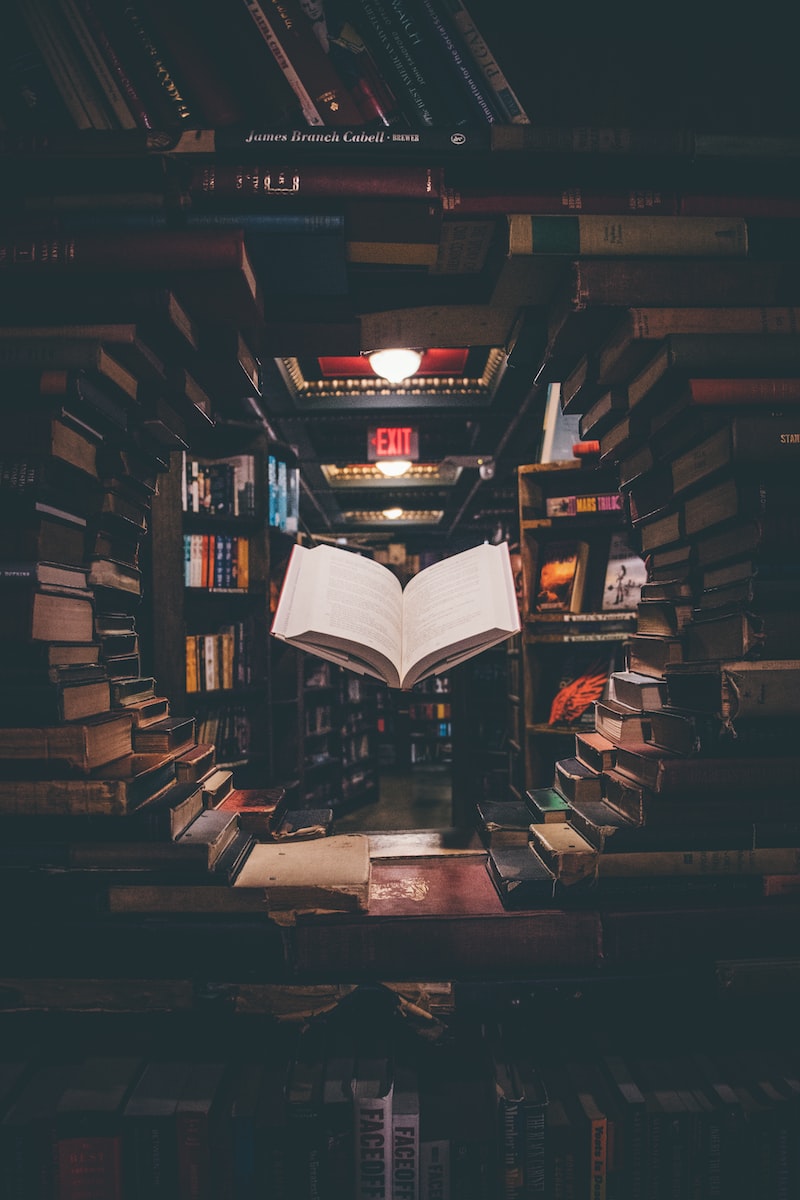
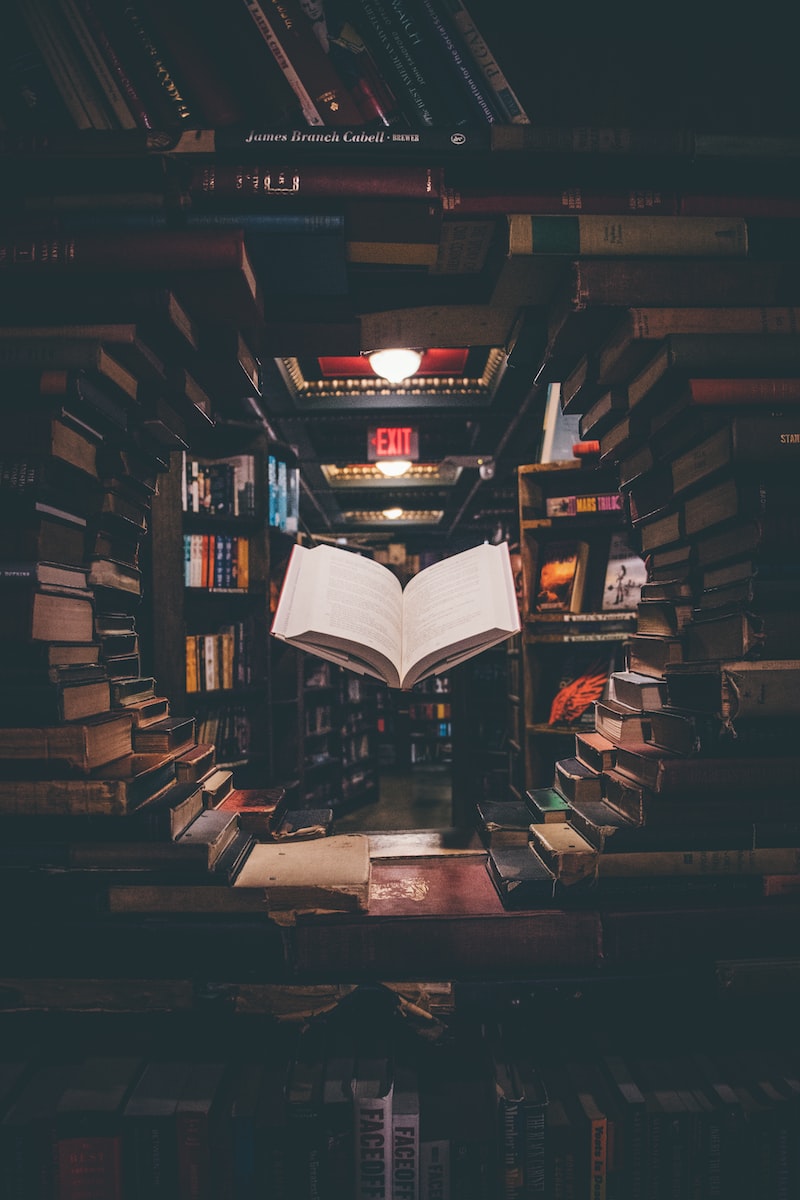
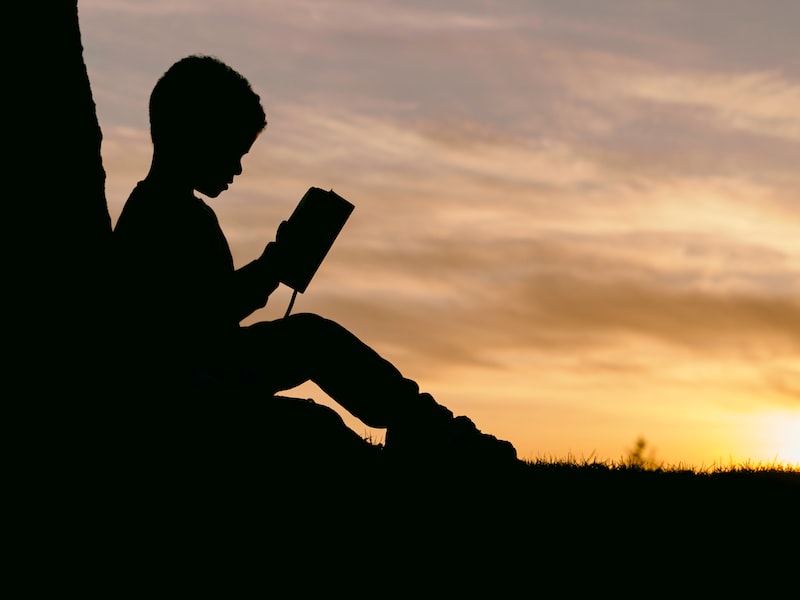
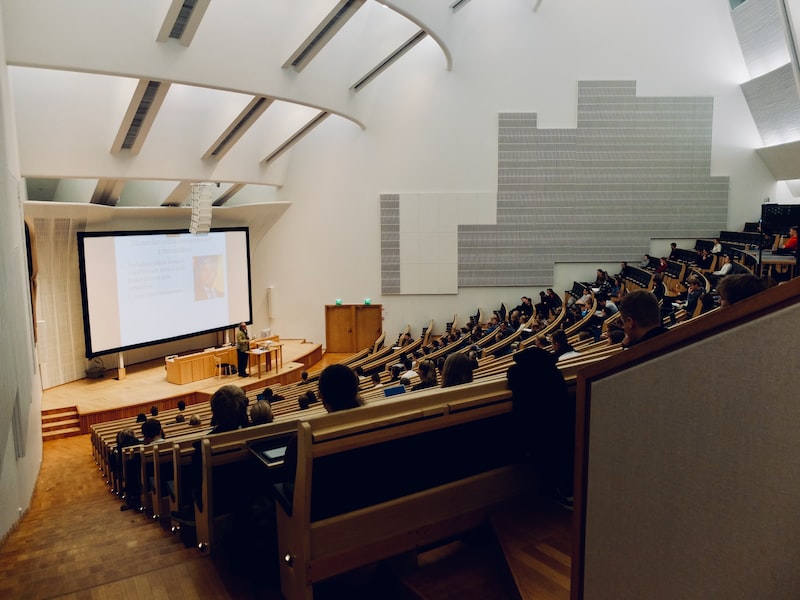
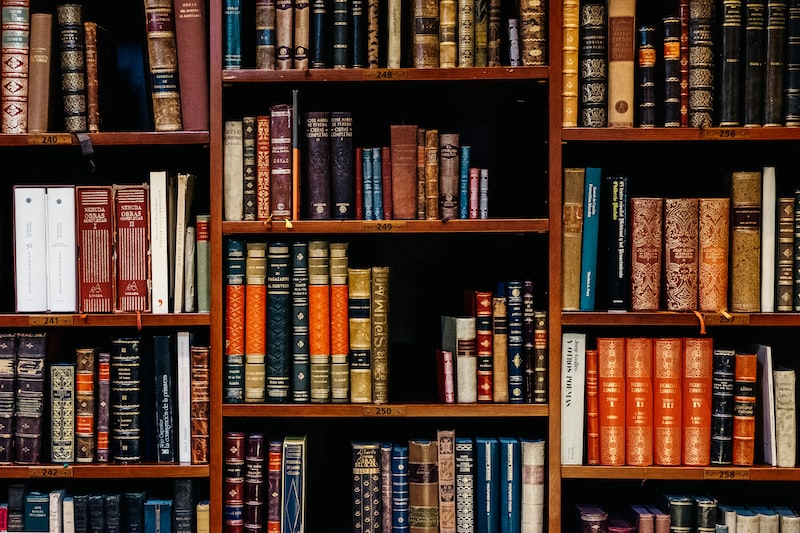
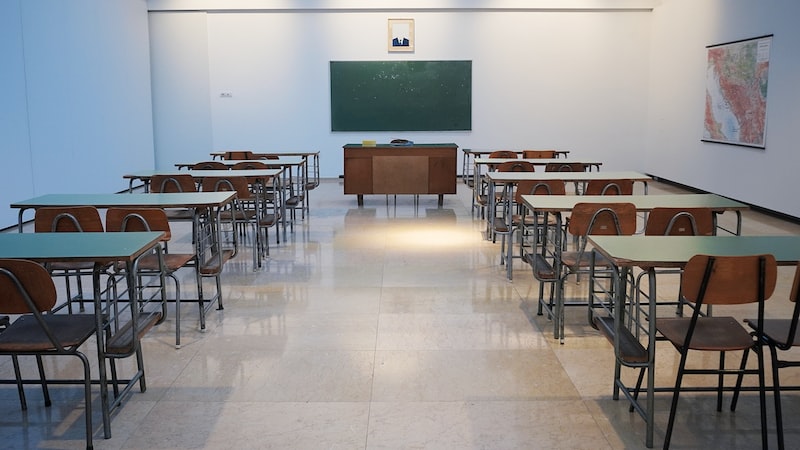
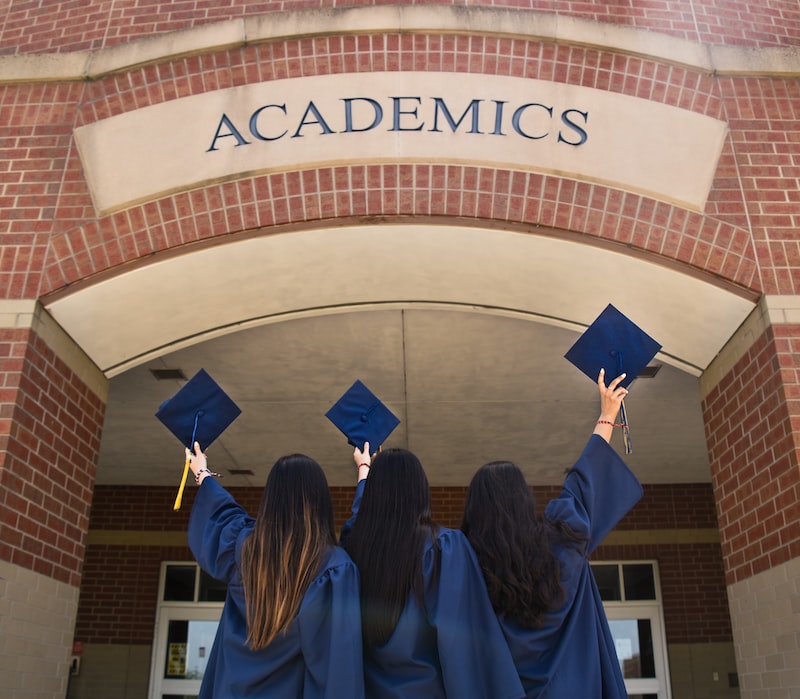
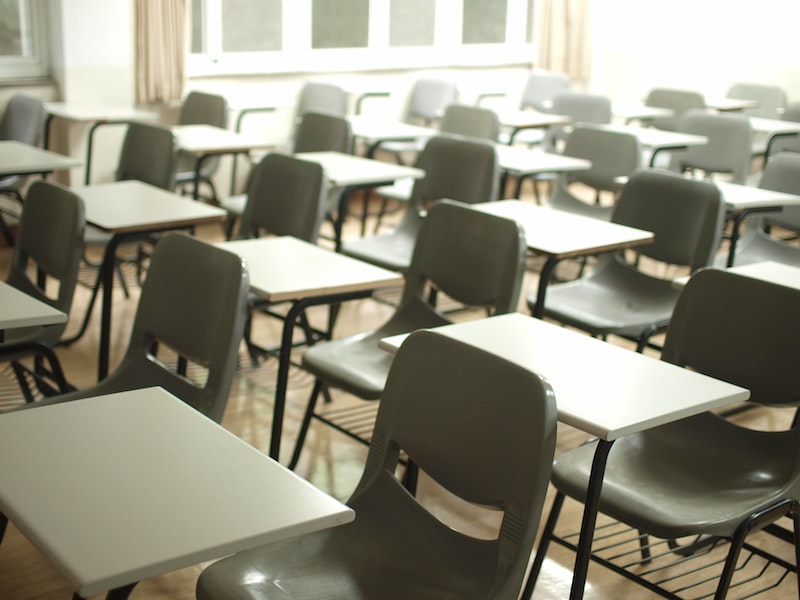
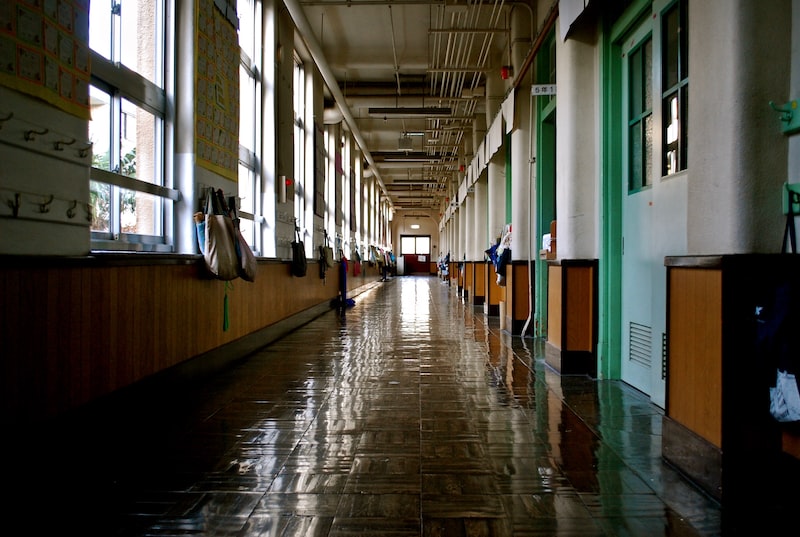
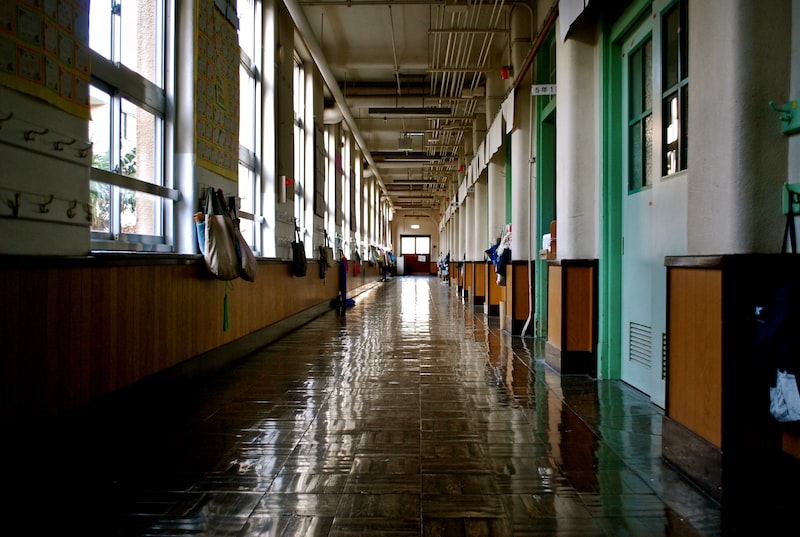
Leave a Reply